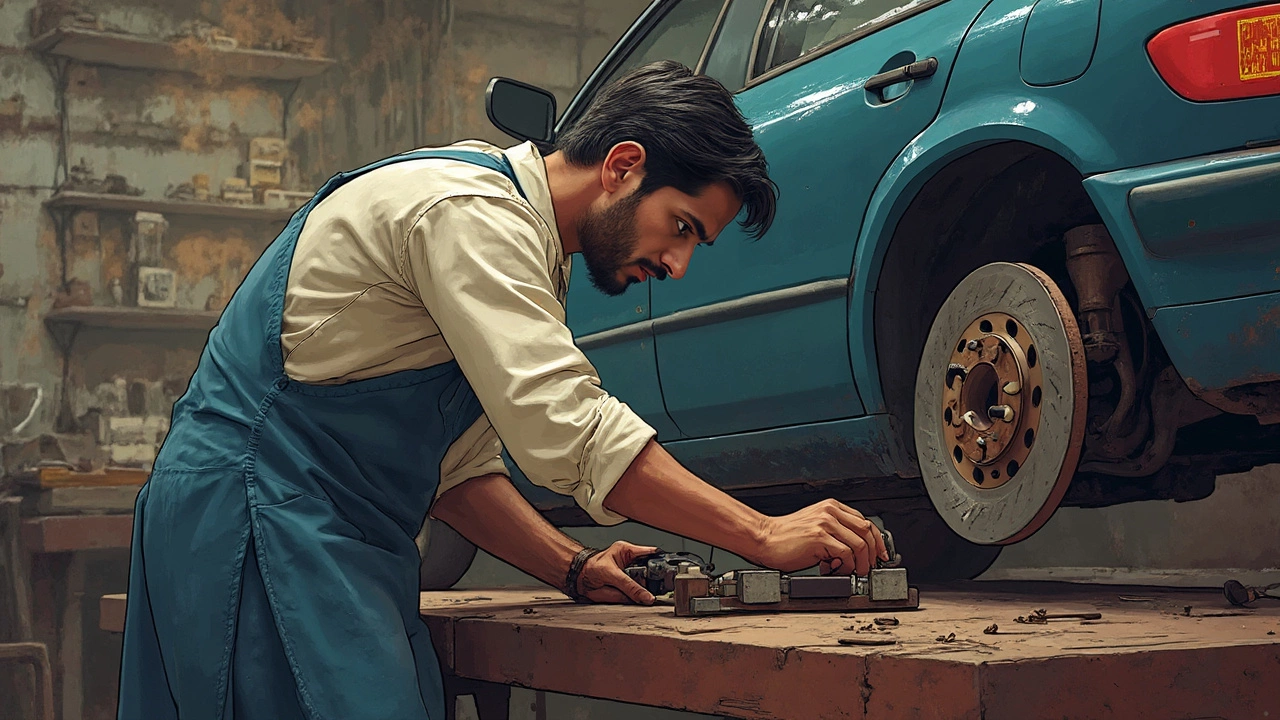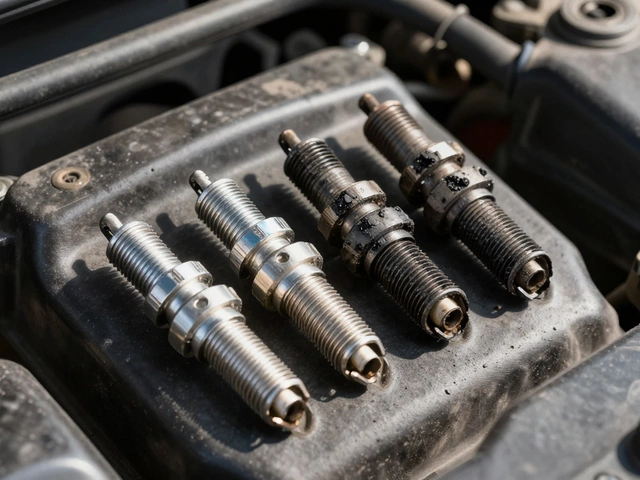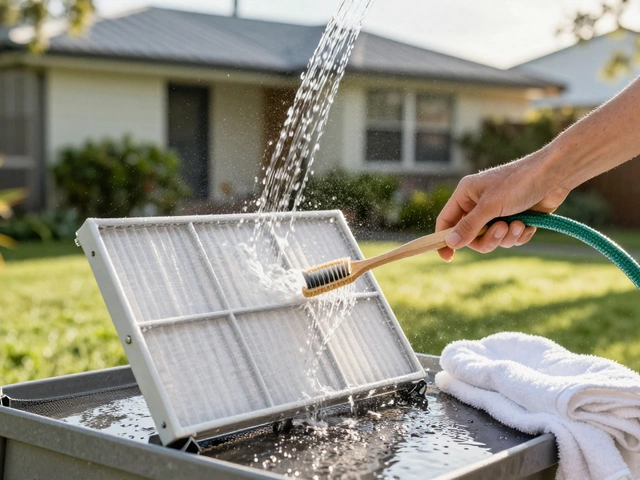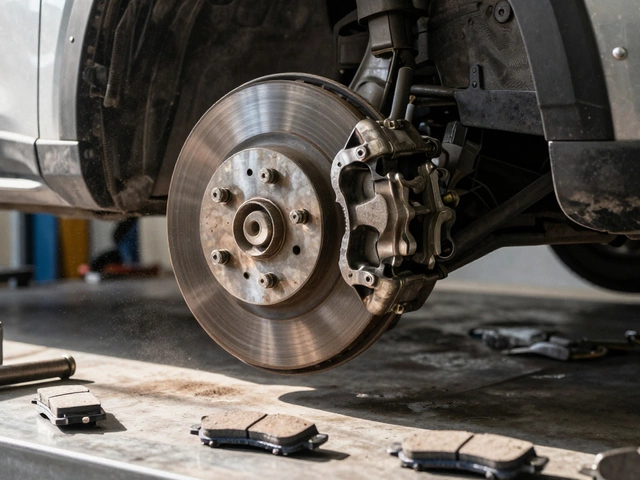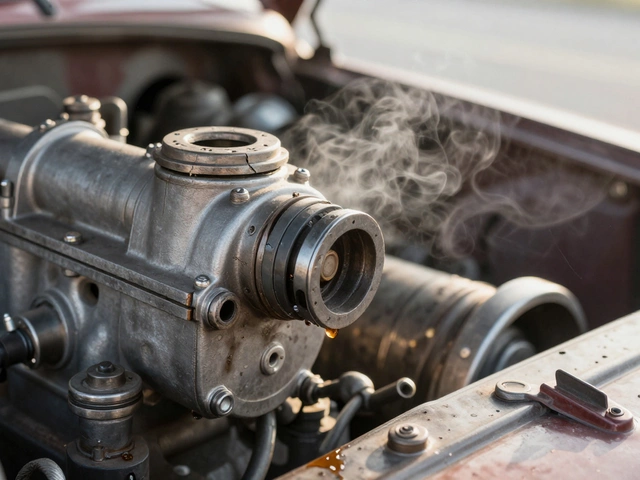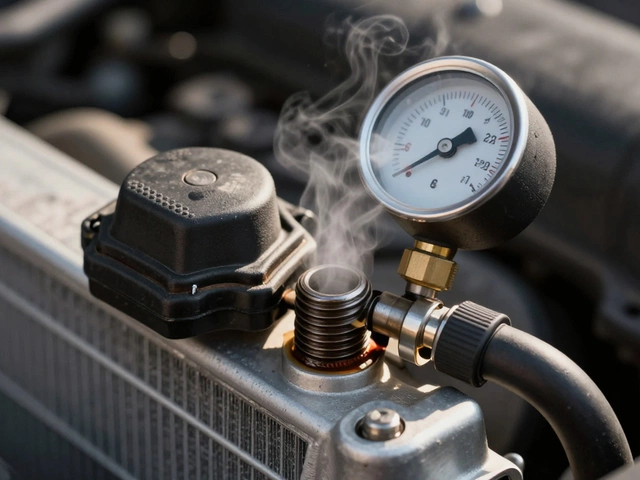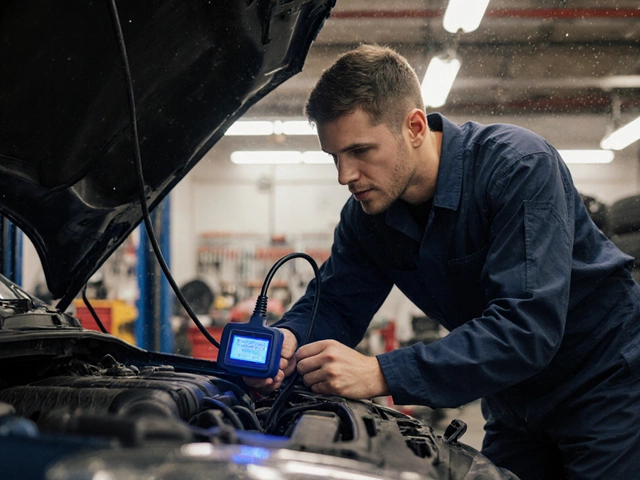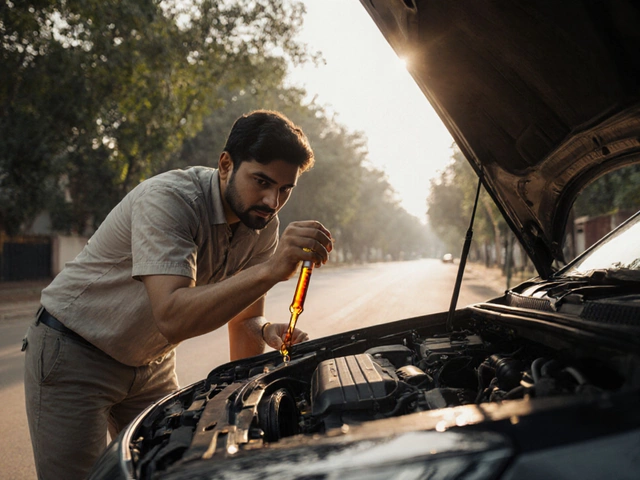Replacing Brake Pads – What You Need to Know
If you hear a squeal every time you slow down, it’s probably time to think about brake pads. They’re the cheap, wear‑and‑tear part of your braking system, but ignoring them can lead to costly repairs or even dangerous stops. Most drivers don’t realize that pads usually last between 30,000 and 70,000 miles, depending on driving style and road conditions. Spotting the early signs can save you time, money, and a lot of stress.
How Much Does Replacing Brake Pads Cost?
In 2025 the average price for a set of brake pads sits around $80 to $150 for common passenger cars. If you buy the parts yourself, you’ll cut out the labor markup, which can add another $100‑$200 to the bill. A quick online check shows that DIY kits for many models are under $100, while shop prices often hover near $250‑$300 total. Keep in mind that high‑performance or specialty pads can push the parts cost past $200, but most daily drivers won’t need that level of performance. Don’t forget to factor in a small fee for disposing of the old pads, which many shops include for about $10.
DIY vs. Professional Brake Pad Replacement
Doing the job at home is doable if you have a few basic tools: a jack, lug wrench, C‑clamp or brake piston tool, and a set of sockets. Most cars use either ceramic or semi‑metallic pads; ceramic is quieter, while semi‑metallic handles heat better for aggressive driving. First, lift the wheel and remove the lug nuts. Take off the caliper, note how the pads sit, then slide the old pads out. Some cars require a short “reset” of the caliper piston – that’s where the C‑clamp comes in. After the new pads are in, compress the piston, bolt everything back, and pump the brake pedal a few times before you drive. Make sure you tighten the caliper bolts to the manufacturer’s torque spec – usually around 30‑45 Nm – to avoid brake fade.
Safety is the number one rule. Always wear gloves, support the car with jack stands, and double‑check that the caliper bolts are torqued to spec. If you feel any wobble or hear grinding after the job, it’s a sign something isn’t seated right – you may have missed a retaining clip or the rotor could be too thin.
When to call a pro? If the rotors are scored, warped, or thinner than the manufacturer’s minimum, you’ll need a rotor replacement or resurfacing. The post “Do I Need New Rotors or Just Brake Pads?” explains that worn rotors can cause uneven pad wear and lower braking efficiency. A mechanic can measure rotor thickness with a micrometer and decide if it’s safe to keep them.
To make your pads last longer, keep the braking system clean and avoid riding the brakes. After heavy stop‑and‑go traffic, a quick brake flush can remove dust that accelerates wear. Also, check the brake fluid level regularly – low fluid can cause the caliper pistons to stick, which wears the pads unevenly.
Whether you choose to buy the pads yourself or let a shop handle it, the key is to act before the squeal becomes a grind. Replacing brake pads on time keeps stopping distances short, protects your rotors, and saves you from surprise repair bills down the road.
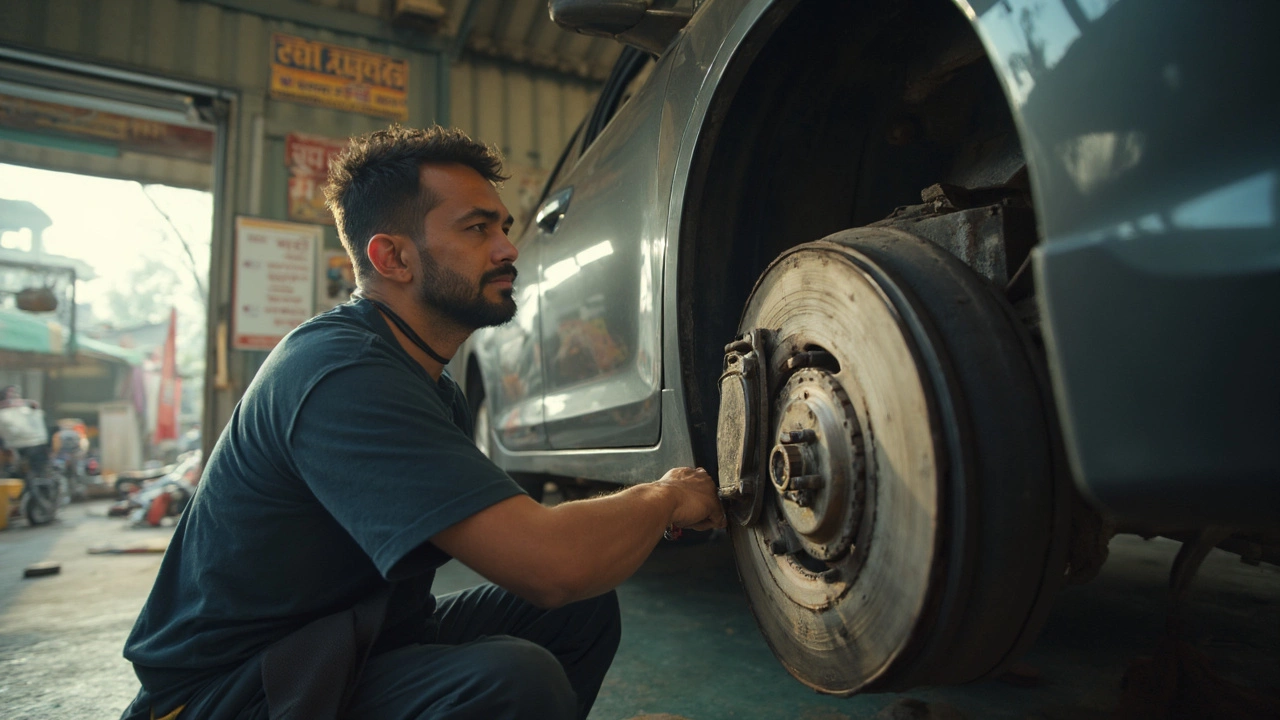
Do I Need to Replace All 4 Brake Pads? Honest Answers for Drivers
Wondering if you have to replace all four brake pads at once? This guide tackles common myths, practical advice, and the reasons brakes wear out unevenly. Get tips on how to inspect your pads and how mechanics decide which ones really need changing. Find out how to save money and avoid unnecessary repairs while keeping your drive safe. Learn the warning signs that mean it's time to visit a shop right away.
CONTINUE READING